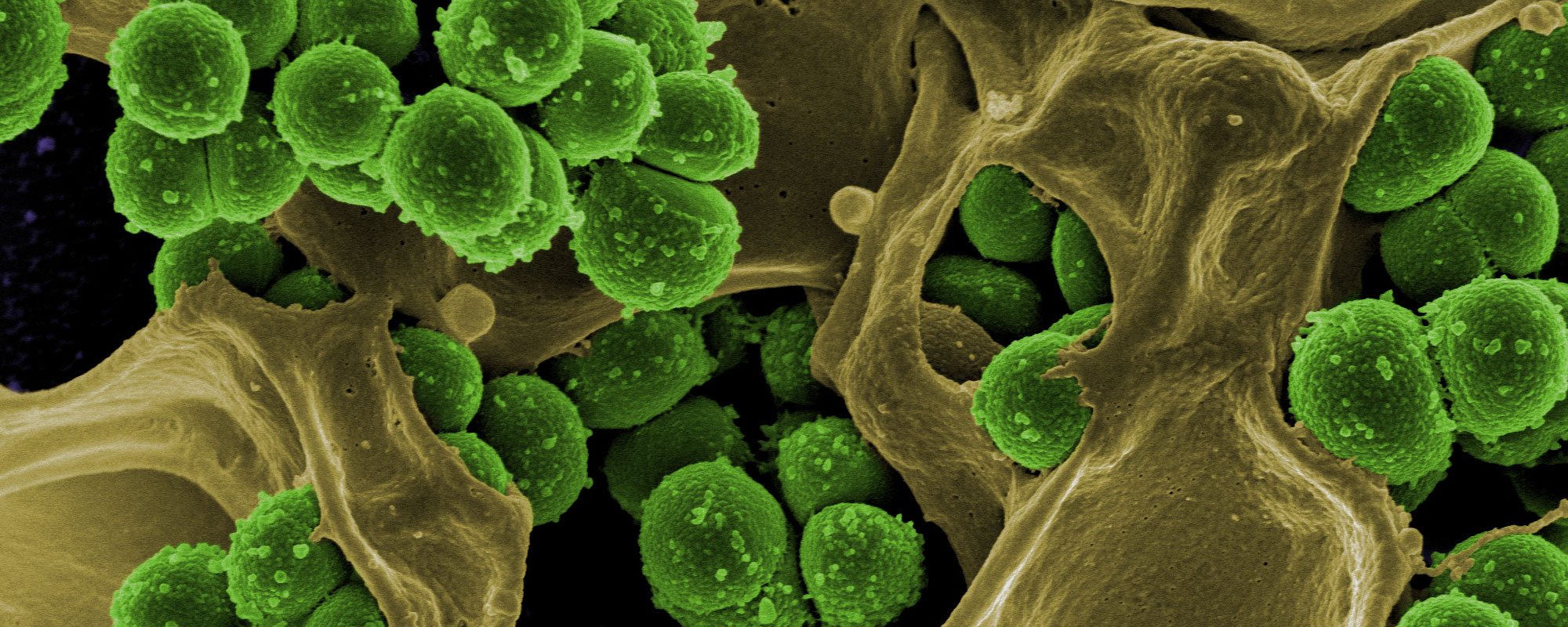Sophia Hirshfield, Biodefense MS Student
In April 2022, I had the opportunity to attend the National Association of County and City Health Officials (NACCHO) 2022 Preparedness Summit in Atlanta, Georgia. The Preparedness Summit is an annual national conference where experts from the healthcare and emergency management industries meet to discuss current gaps in emergency preparedness. This year, the conference was dedicated to “Reimagining Preparedness in the Era of COVID-19,” and was the first in-person Preparedness Summit since the beginning of the pandemic. I listened to leaders from across the country share the challenges they have faced over the past two years, and I heard stories of incredible resilience and strength within the preparedness field. As an aspiring preparedness professional who will enter the field following the most catastrophic public health emergency in recent memory, the opportunity to learn about the future of preparedness practices directly from leaders in the field was unparalleled.
We cannot say we are prepared for an emergency unless even the most vulnerable among us have preparedness resources available to them. Several speakers at the Preparedness Summit amplified this theme, highlighting the importance of equity and inclusion in preparedness. I had the opportunity to learn about the role of disability inclusion specialists in emergency preparedness, an upcoming plan to address gaps in tribal access to the Strategic National Stockpile, and vaccination plans designed to address the needs of those experiencing homelessness. Although in my courses I have learned a great deal about how the COVID-19 pandemic exacerbated many of the already existing inequities in our healthcare system, it was enlightening to hear about the actions experts in the field are taking every day to enhance equitable preparedness. As we move forward beyond the pandemic, it is pivotal that preparedness leaders design programs and systems that equitably enhance health security and preparedness for everyone.
We cannot say we are prepared for an emergency unless even the most vulnerable among us have preparedness resources available to them.
I have often thought of preparedness for intentional and natural biological threats as separate challenges, yet leaders at the Preparedness Summit demonstrated a need for implementing mechanisms that simultaneously enhance preparedness for each of these threats. Improving laboratory testing capabilities can help improve the ability to identify what strain of influenza is most prevalent each year while also improving our ability to detect an intentional anthrax attack. Likewise, funding research for antimicrobials development can help strengthen preparedness for human-made and naturally occurring, drug-resistant pathogens. At the summit I was excited to learn about the work leaders around the country are doing to prepare for intentional and natural biological threats simultaneously and look forward to applying these learnings in my future work.
Though many of the summit attendees did not work directly in biodefense or health security, many of the speakers emphasized the importance of public health and emergency management in biodefense. I think many people have a perception that biodefense is solely associated with protecting the nation from bioterrorist attacks, yet in reality biodefense can encompass any action aimed at countering and preparing for biological threats. Speakers at the summit demonstrated that public health measures such as stockpiling PPE and creating vaccination campaigns fit within the biodefense umbrella, and it is thus critical for these sectors to collaborate in order to create comprehensive and effective preparedness mechanisms moving forward. Although I have learned about the crossover between biodefense, emergency management, and public health in my coursework, it was enlightening to hear leaders from each of these sectors discuss how to strengthen their partnerships with one another in order to bolster preparedness for the next biological threat.
Throughout the summit, I valued the opportunity to hear firsthand testimonies from healthcare and public health professionals who have been on the front lines of the COVID-19 pandemic. The Preparedness Summit featured multiple COVID-19 listening sessions, which afforded attendees the opportunity to share their experiences in the preparedness sector throughout the pandemic. Many of those who spoke at these sessions described how isolating it has been to combat the pandemic in a virtual environment, and how the in-person summit afforded them a cathartic opportunity to finally hear from others who shared similar experiences. I am humbled by the resiliency of public health practitioners who have spent over two years dedicating countless hours to make the country a safer place for everyone. I felt extraordinarily inspired by the meaningful and lifesaving work of public health and healthcare leaders at the conference and know that as I enter the preparedness field I will truly be standing on the shoulders of giants.
When I first began my master’s program a few months ago, I did not imagine I would so soon have the opportunity to engage with preparedness leaders and learn from such experienced practitioners about the ways the industry has adapted and grown since the onset of the COVID-19 pandemic. My generation, Generation Z, does not know what it was like to work in the preparedness sector prior to the pandemic. But as we now begin to enter the preparedness workforce, I am hopeful we will utilize our fresh perspectives in the post-COVID era to reimagine preparedness mechanisms and create a safer society for everyone. The Preparedness Summit was an incredible opportunity to learn about existing gaps in preparedness and innovative strategies for combatting them, and I am excited to apply these insights in my future career.
Sophia is a second semester Biodefense M.S. student from Marlton, New Jersey. She recently graduated from The George Washington University with her B.A. in International Affairs and Global Public Health. Sophia’s research interests include enhancing emergency health services, medical countermeasure stockpiling and deployment, and improving health equity.
